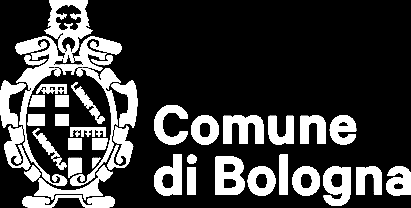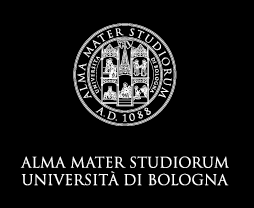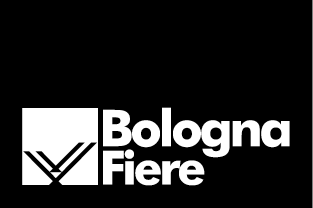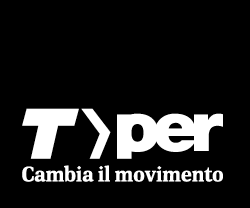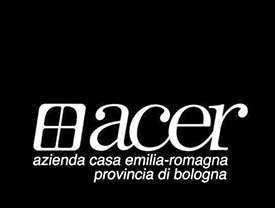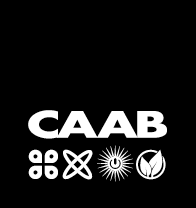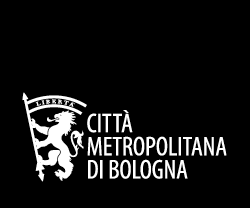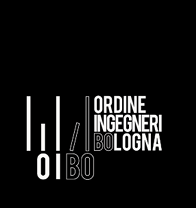Uncategorised
Phd Summer School ‘Design for Adaptation. Resilient Urban Communities’
In September 2015, the Fondazione per l’Innovazione Urbana (formerly Urban Center Bologna) was occupied with the PhD Summer School of Climate-KIC organized together with Aster, the University of Bologna, and the City of Bologna. This edition centred on the issue of resilience.
The intensive two-week programme concentrated on adaptation to climate change and the impacts that cities find themselves facing with increasing frequency.
Taking a cue from the city of Bologna, with its particular environmental, climate, and structural characteristics, and analysing projects implemented by the city to counter the effects of climate change on site, the students were called to design innovative solutions through a ‘learning by experience’ approach.
Our activities within the Summer School included: involvement in activities to coordinate, design, and define the scientific programme and guided tours, consultation on the issue of adaptation to climate change, organization of logistics and transport, accounting, communication, and involvement of some local and national stakeholders.
One Tonne Society project
The goal of the project, inspired by the One Tonne Life project (successfully concluded in Gothenburg), was to study and develop a business model to reduce the carbon footprint of a volunteer group of private citizens in three European cities (Uppsala, Berlin, Bologna).
In Bologna, financing regarded the phase to investigate the concrete possibility that the project would be viewed favourably by citizens.
To facilitate the conversion of the group of volunteers to a more sustainable lifestyle compatible with the environment, several local stakeholders were involved (LegaCoop, Caab, Confabitare, ANCE, University of Bologna) to assess their interest in participating in a future, potential implementation of the project.
Our activities in the project consisted of: scientific design, communication, accounting, organization of the kick-off meeting in Bologna, participation at the meeting in Uppsala (Sweden), finding the data necessary to develop the business model, participation in a workshop in Frankfurt on the active involvement of stakeholders in projects to reduce emissions, organization of a focus group to assess the interest of citizens in participating in the project, and publication of a questionnaire on the platform ‘Comunità della Rete Civica Iperbole’ [Iperbole Civil Network Community].
PhD Summer School ‘Urban Metabolism and Water Management’
From 10 to 15 July 2016, the second phase of the PhD Summer School della Climate-KIC 2016 ‘Urban Metabolism and Water System Management’, was held in Bologna after an initial week in Amsterdam.
Twenty doctoral students and several PhDs from 10 different countries in Europe, Asia, and America participated in the 2016 programme on the topic ‘Smart solutions for the Urban Metropole’.
The students’ projects were to particularly address urban metabolism and water management in a sustainable and innovative key, starting from concrete cases in the two cities: the Buiksloterham neighbourhood in the northern zone of Amsterdam and the university district around Via Zamboni in the historical centre of Bologna.
This ambitious challenge consisted in rethinking urban metabolism to improve the quality of life and create a sustainable cultural campus based on the principles of the circular economy.
During the week in Bologna, the students followed an intense programme of lessons, meetings with stakeholders, visits in the field, and working groups, up to the final presentation and awards for the projects.
Climathon 2016
The Fondazione per l’Innovazione Urbana (formerly Urban Center Bologna), in collaboration with the City of Bologna, organized the Bologna edition of Climathon (27–28 October), the largest worldwide marathon for the climate held simultaneously in major cities around the world.
Participants worked for 24 hours to create a project to contribute to fighting the impacts of climate change in Bologna, with particular focus on community involvement.


